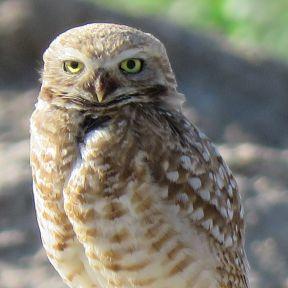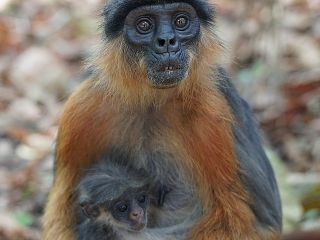FREE WILL- How Conforming Can Stifle Growth. Progress happens when some are willing to color outside the lines. Reviewed by Davia Sills

KEY POINTS-
- Humans are wired for conforming because that is where we perceive our safety lies,
- However, exploring new ideas, cultures, and experiences challenges people.
- Courage, a strong will, and the willingness to be rejected contribute to personal growth.
Recently, I had an experience where I observed that socio-cultural forces were exerting significant pressure on someone, inhibiting their ability to make a personal choice for their life. They felt they couldn’t choose differently for fear of being rejected or excluded from their community. For many of us, we want to avoid the pain of social isolation. Recent research shows that being shunned, rejected, punished, excluded, or ignored registers as physical pain in the human brain (DeWall 2011). To what extent, then, is our life our own?

Choosing differently than most or all others around us is definitely a risky strategy to take.
Burrowing owls may not come to mind when thinking about the big risk-takers out there in the other animal kingdom, but they highlight an important point. When it comes to leaving home, not all owls make the same decisions. Females and those with a bold streak strike out farther than males or their shier counterparts.
This adventurous spirit comes with some good benefits (more mating opportunities, better living conditions) but also a cost (a shorter life). Either way you slice it, if you never leave home, you don’t know what you’re missing. Sometimes that might not be a good thing.
Since owls aren’t known for being social butterflies, and, well, neither are butterflies, what happens when you are part of a community where belonging makes the difference between life and death? It depends. If you’re a red colobus, there’s no need to depend on particular individuals, so you automatically maintain some independence. Red colobus monkeys move in groups, but individuals don’t form very close relationships, resulting in little social cohesion. The less social cohesion there is, the less risk of being ostracized.

Unlike the red colobus, social cohesion is woven into the very fabric of our lives. Therefore, we often trade independence for acceptance. When it comes to matters of love, the conflict can be so intense that it ignites a deep-seated fear of taking the leap and falling flat on our faces. In especially tight-knit communities, that would mean losing everything. Anything that alienates us from the safety and comfort of belonging, wherever that belonging is, rattles us to our very core.
But why? We are biologically wired for conforming because that is where we perceive our safety lies, and rightly so. First and foremost, we are a complex social species, and there are social norms and rules that create stability (safety). We, like other social species, will gravitate toward an evolutionary stable strategy (ESS).
What is an ESS? It’s a behavioral trait that, if adopted by everyone, becomes impervious to change. We often make decisions by unconsciously (or consciously) reviewing what people around us are doing and then doing the same thing. Most of us choose what we are less afraid of, what has less uncertainty. And being different is uncomfortable.
We are not the only ones pressured into conforming.
Chimpanzee males and females both use shunning and physical attacks as a way to force individuals in their community to step to the beat of the same drum or crack a nut the same way (Luncz et al. 2012). Some of this is necessary to ensure the group doesn’t completely collapse, but the goal cannot be 100 percent similarity. That, too, leads to demise. New habitats, new mates, new social groups, new cultures, new ideas, and yes, even new ways to crack a nut would never emerge if someone somewhere didn’t color outside the lines.
There are always those among us humans, bumble bees, capuchins, chimpanzees, owls, and dolphins that take big chances, that innovate. I think about that first Japanese macaque female living on Kōjima island. She walked into the water carrying a potato and washed it in the ocean. Now, generations later, these monkeys still wash their potatoes. This kind of new approach requires courage, creativity, a strong will, and the willingness to be rejected. Innovations can solve a problem in a new way, create a social and cultural ripple felt by later generations, or result in the grandest love you might ever encounter.
Life is scary, and life is uncertain. It’s natural to try to cling to who and what we know to feel secure. But as someone recently said to me, “If all you know extends only the length of your nose, you don’t know very much at all.” Being stifled from choosing or being different can limit progress for all of us.
- Questions and Answers
- Opinion
- Motivational and Inspiring Story
- Technology
- Live and Let live
- Focus
- Geopolitics
- Military-Arms/Equipment
- Beveiliging
- Economy
- Beasts of Nations
- Machine Tools-The “Mother Industry”
- Art
- Causes
- Crafts
- Dance
- Drinks
- Film/Movie
- Fitness
- Food
- Spellen
- Gardening
- Health
- Home
- Literature
- Music
- Networking
- Other
- Party
- Religion
- Shopping
- Sports
- Theater
- Health and Wellness
- News
- Culture

